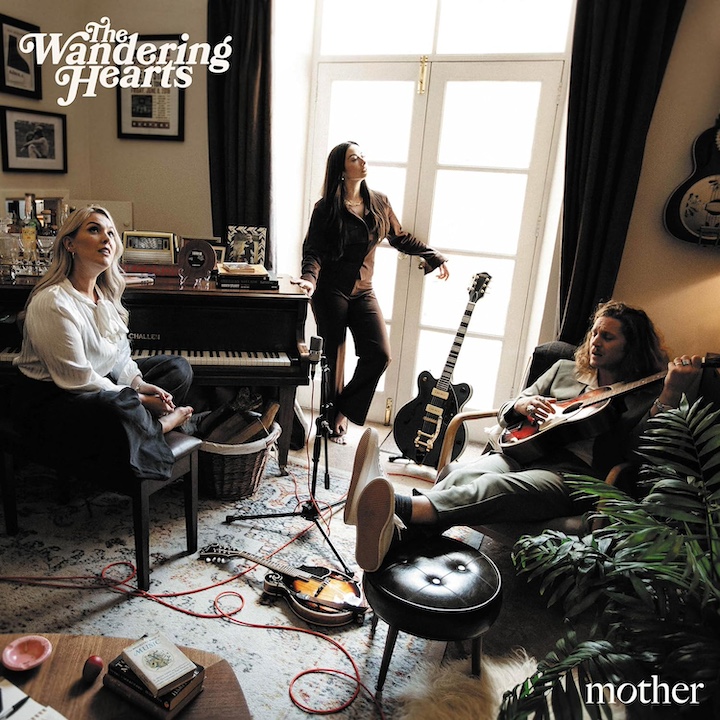Since they released their eponymous sophomore album in 2021, the British folk trio The Wandering Heartshave hooked up with a new producer, Steve Milbourne, and signed with a new label. In addition, the group’s two female members have both given birth, which explains why their new CD is called Mother. It’s the group’s most mature effort to date but changes notwithstanding, it doesn’t evidence any radical departures from its predecessors, which is good news. Like those albums, the new one features upbeat, radio-friendly melodies and evokes 1960s and 1970s work by acts such as Fleetwood Mac, Simon and Garfunkel, and the Mamas and the Papas.
The record’s 11 songs – all but two of which credit one or more members of the trio as co-writers – cover varied subjects. “About America,” for example, seems to concern someone grappling with dementia, while “Waiting” is addressed to a lost lover or friend and “Hold Your Tongue” catalogs hurtful, thoughtless comments.
The lyrics aren’t bad, but the group’s biggest strength is its gorgeous vocal work, which includes a generous supply of sweet, three-part harmonies. The instrumentation is a big plus as well, with the trio’s efforts on mandolin, piano, and guitar augmented by guest players’ judiciously added violin, cello, organ, drums, and more.
Also Noteworthy
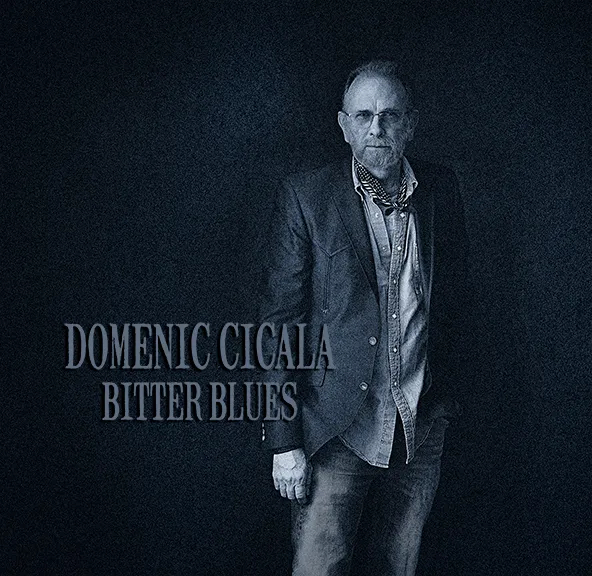
Domenic Cicala, Bitter Blues. Unlike 2021’s Come On Over: The Honky Tonk Duets, which consisted entirely of excellent covers, this follow-up from Washington, D.C.–based singer, songwriter, and guitarist Domenic Cicala features original material. The sole exception is a likable reading of “Walk That Little Girl Home,” which Willie DeVille co-wrote with Doc Pomus. Cicala’s compositions are musically and lyrically strong, and so are his catchy three- and four-minute performances, which evidence the kind of diversity you’d expect from a man who cites influences ranging from Hank Williams to Elvis Presley to Bruce Springsteen.
You’ll probably label Bitter Blues Americana, but even that broad category is too limiting for this set. The guitar and accordion on “Baby Come Back” give it a Tex-Mex feel while steel pan adds a Caribbean flavor. “Angry Heart,” meanwhile, is a hard-driving country rocker; the violin-spiced title cut is a sweet love ballad; and the DeVille/Pomus cover evokes the Brill Building pop era.
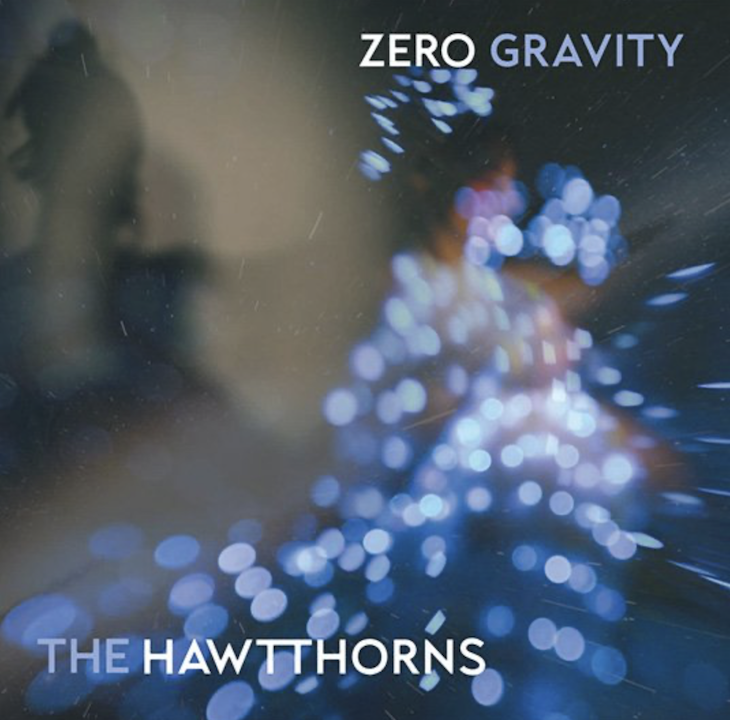
The HawtThorns, Zero Gravity. This is the third release from the HawtThorns, following 2019’s Morning Sun and 2022’s Tarot Cards & Shooting Stars. As on the earlier albums, KP Hawthorn (a former member of Calico, who used to be known as Kirsten Profit) handles most of the lead vocals, serves as the primary songwriter, and plays acoustic guitar. Her husband, Johnny Hawthorn, who co-wrote four of the numbers, also sings and plays electric guitar. The only non-original is an amiable but unremarkable reading of Phil Everly’s often-covered “When Will I Be Loved.”
Though the Hawthorns (who for some reason added an extra “T” to their group name) have switched producers since their last release, their approach seems unchanged, and it’s arguably not ideal for their considerable talents. Both KP and Johnny are excellent singers, but their vocals share the spotlight with a surfeit of instrumentation throughout much of this set. The music is catchy but not particularly memorable, and one can’t help feeling that less would be more in this case, especially after listening to how they come across on a stripped-down acoustic track like the debut album’s “Lucky Charm.”
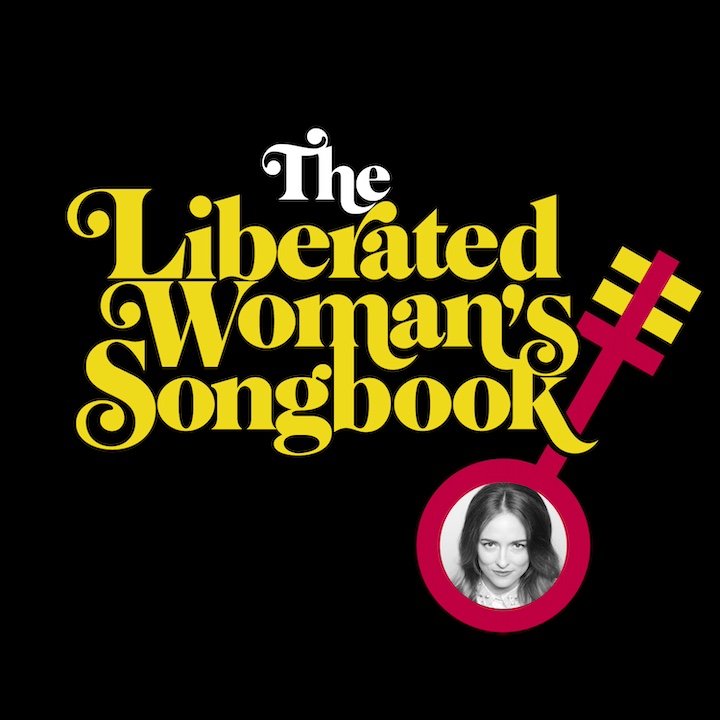
Dawn Landes, The Liberated Woman’s Songbook. Singer/songwriter Dawn Landes, who also plays guitar and organ, reminds us on this album of how long the fight for gender equality has been going on.
Most of the 11 songs – all culled from a 1971 book that shares the album’s title – date from the 19th and early 20th century. Among them are “Hard Is the Fortune of All Womankind” (1830), a traditional ballad that Joan Baez has also recorded; “The Housewife’s Lament” (1866), whose lyrics were discovered in the diary of a mother of seven; and “Which Side Are You On” (1931), which combines elements of the well-known pro-union ballad with lines from Aunt Molly Jackson’s “I Am a Union Woman.”
There are also two more recent compositions, both from 1970: “There Was an Old Woman Who Swallowed a Lie,” a parody of the well-known, similarly titled children’s song; and “Liberation Now,” which feminist icon Betty Friedan and author Jacquelyn Reinach co-wrote for a celebration of the 50th anniversary of the passage of the 19th amendment.
Landes, whose vocals recall folk singers such as Peggy Seeger, is joined in the set by artists who add backing vocals and a rich array of instruments, including mandolin, vibes, flutes, fiddle, horns, and accordion.
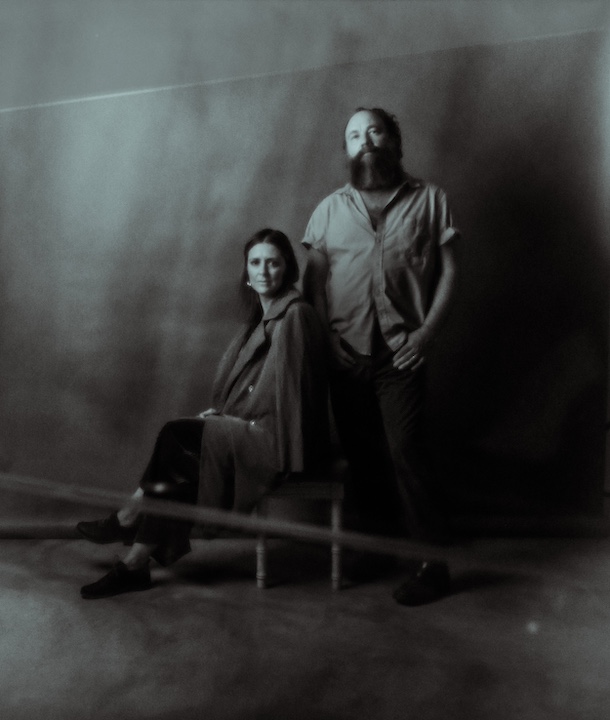
The Glass Hours, The Glass Hours. The Glass Hours – an upstate New York–based duo consisting of Brad Armstrong and Megan Barbera – are off to a good start with this self-titled nine-track Americana debut. The couple, both of whom have previously issued solo CDs, wrote, performed, and produced all the songs on the album by themselves, the only exception being accompaniment on three tracks by fiddler Sue Westcott.
The music, which features acoustic guitar and vocal harmonies, is understated, intimate, atmospheric, and affecting. Both Armtrong and Barbera are instantly likable singers and their chemistry is apparent throughout the nine-track set. Poetry and wordplay fill their well-crafted lyrics, such as in “Sing My Song,” which begins, “Would you call my name if I called your bluff / Would you be my good friend when I wasn’t good enough?” There’s nothing flashy or even particularly upbeat on this album; its songs unfold quietly, slowly, and purposefully, rewarding anyone who gives them full attention.
Jeff Burger’s website, byjeffburger.com, contains five decades’ worth of music reviews, interviews, and commentary. His books include Dylan on Dylan: Interviews and Encounters, Lennon on Lennon: Conversations with John Lennon, Leonard Cohen on Leonard Cohen: Interviews and Encounters, and Springsteen on Springsteen: Interviews, Speeches, and Encounters.


